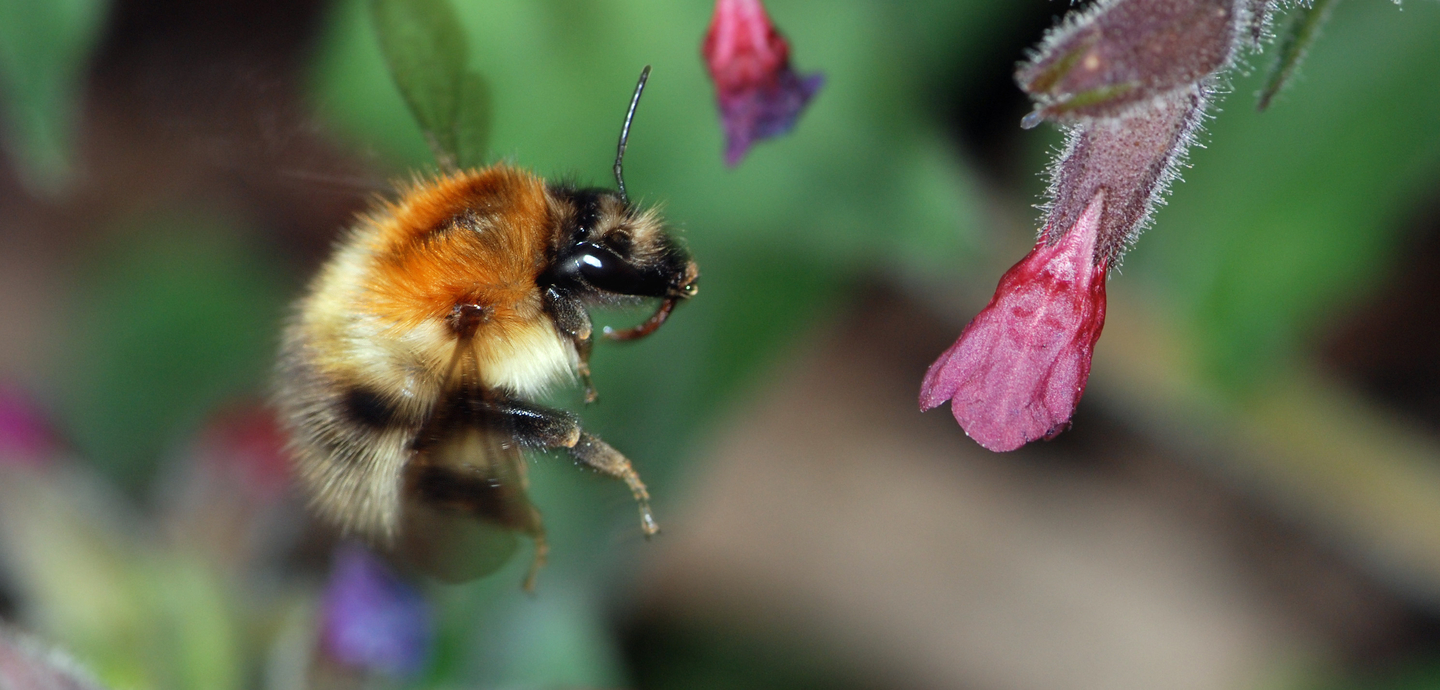Professor Potts is a world-renowned bee expert. He has worked closely with the Convention on Biological Diversity and co-chaired the Intergovernmental Science Policy Platform on Biodiversity and Ecosystem Services’ global pollination assessment, whose recommendations have been ratified by 196 countries.
The policy recommendations have influenced national, regional and global pollinator strategies, such as the International Pollinators Initiative of the UN’s Food and Agriculture Organization. He has worked with around 200 governments and at least 100 businesses worldwide, positioning the University of Reading as the go-to institution for pollinator research. But Professor Potts and his team are also determined to inspire society as a whole to adopt behaviours that will protect insect pollinators.
Working with UK businesses, farmers and fruit growers, the team is exploring new, commercially viable ways to protect and encourage pollinators in farming. They also find time to participate in public events, pollinator monitoring projects, exhibitions and practical demonstrations, finding ever more imaginative ways to show us all the part we can play in protecting the world’s pollinators.
Research team: Simon Potts, Tom Breeze, Deepa Senapathi
Partners: Intergovernmental Science–Policy Platform on Biodiversity and Ecosystem Services. Convention on Biological Diversity
Judges’ comments: “The specialist work the researchers are doing to influence high-level policy is impressive, and they recognise that building wider public understanding is equally important.”
Shortlisted for the University Research Engagement and Impact Awards 2018
First published: June 2018

